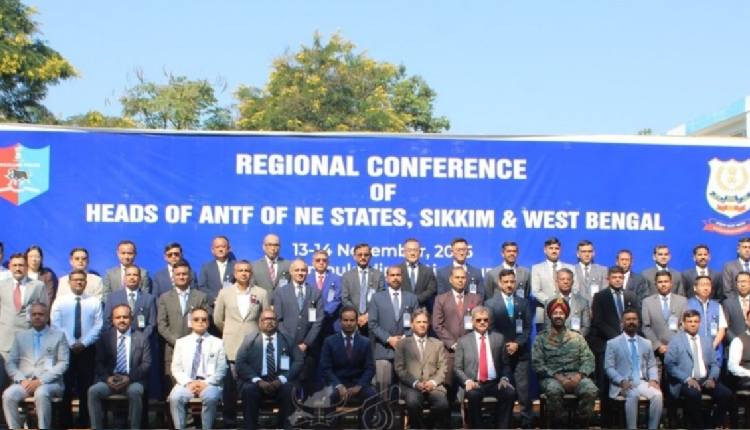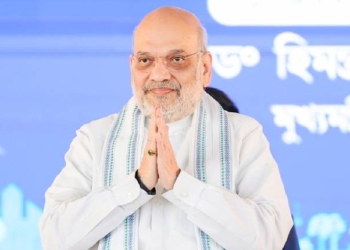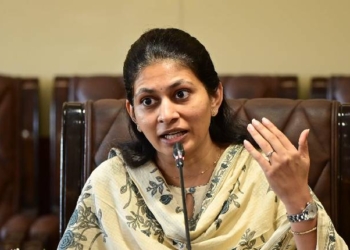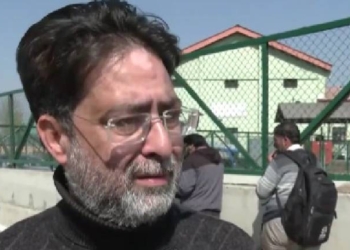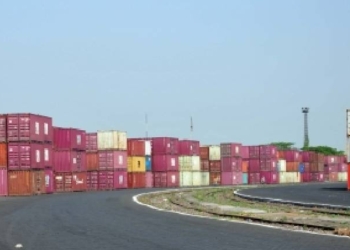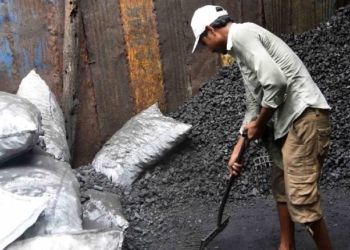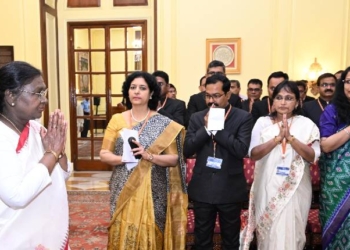Kohima: Narcotics Control Bureau (NCB) Director General Anurag Garg said on Thursday that the major influx of heroin and other narcotic drugs into the Northeastern states comes from Myanmar, with some insurgent outfits and organised criminal groups in the region involved in drug production and other illicit activities.
The NCB chief highlighted the significance of coordinated efforts among the Northeastern states to strengthen enforcement mechanisms and intelligence sharing in the fight against narcotics.
Addressing the Regional Conference of Heads of Anti-Narcotics Task Force (ANTF) of Northeastern states and West Bengal, the NCB DG said that drug trafficking generates other organised criminal activities and has serious public health and safety consequences, leading to increased crime, violence, and strain on healthcare systems.
He stated that a 2019 survey conducted by the Ministry of Social Justice and Empowerment (MoSJE) showed higher rates of drug abuse in Northeastern states as compared to the other states of the country.
Garg, a senior IPS officer, informed the gathering that the NCB has designated state-level Anti-Narcotics Task Forces (ANTF) in all the states and Union Territories of the Country as the first line of defence in the fight against the drug menace.
He outlined key discussion points to be deliberated during the conference, such as ways to target drug kingpins, inter-agency integration and real-time intelligence sharing, addressing the issue of opium and cannabis cultivation, on utilising digital platforms for intelligence, and improving prosecution of narcotics cases.
He encouraged all the participants to utilise the conference to foster mutual understanding, trust, and empathy among the different agencies for better coordination and collaboration in the fight against drugs.
Addressing the conference, being held at Police Complex, Chumoukedima, Director General of Police, Nagaland, Rupin Sharma stated that the long and porous 1,643 km border with Myanmar, combined with challenging terrains and the governance turmoil in Myanmar, and its proximity to the Golden Triangle (Myanmar-Laos-Thailand) makes the Northeast region, including Nagaland, extremely vulnerable.
Drug trafficking and use are no longer merely law-and-order issues, but they are a direct threat to the internal security and the future of the youth, he added.
According to the DGP, Nagaland, the drugs and drug money flowing through these routes feed the nexus of organised crime, insurgency, and narco-terrorism; therefore, dismantling the drug cartels is synonymous with enhancing national security.
He informed that Nagaland has an estimated 1.2 lakh drug users who consume heroin locally known as ‘shaanflower’ or ‘SF’ because of its traditional origins in the Shaan province of Myanmar. For this conference, he proposed focusing on three key pillars — coordination, enforcement, and accountability.
Coordination among agencies, coordination among the various pillars of the criminal justice system, coordination between law enforcement and civilian wings of government with the public.
Sharma advised the law enforcement agencies to urgently scale up capabilities in communication surveillance, communications analysis through CDR and IPDR analysis, darknet analysis, cryptocurrency tracking, and digital forensics.
He recommended the establishment of a dedicated Northeast Anti-Drug Trafficking Agency, which would serve as a nodal point at the regional level, facilitating inter-state intelligence, managing border surveillance, and overseeing rehabilitation programs, with a Director General at the helm.
He also recognised the urgent need to strengthen the forensic infrastructure with new forensic labs, mobile units, and advanced technology upgrades, such as DNA profiling and mass spectrometry for swifter and more reliable drug analysis.
He proposed the launching of the “Nasha Mukt Bharat Helpline and Reward System”, which provided a 24/7 platform for anonymous reporting of drug activities, with multi-lingual support and financial rewards for information leading from small dealer arrests to dismantling major trafficking cartels.
The Nagaland police chief also advocated for comprehensive legal reforms under the NDPS Act. Sharma reiterated that the solution lay in multi-agency coordination, targeted investments, and sensitive handling of unique regional concerns.
He called for collective action, cross-border cooperation, and the unwavering pursuit of a drug-free future for the Northeast and all of India. The conference was attended by officials from the Narcotics Control Bureau (NCB), the Ministry of Social Justice and Empowerment (MoSJE), and police departments from all eight Northeastern states and West Bengal.
(IANS)




